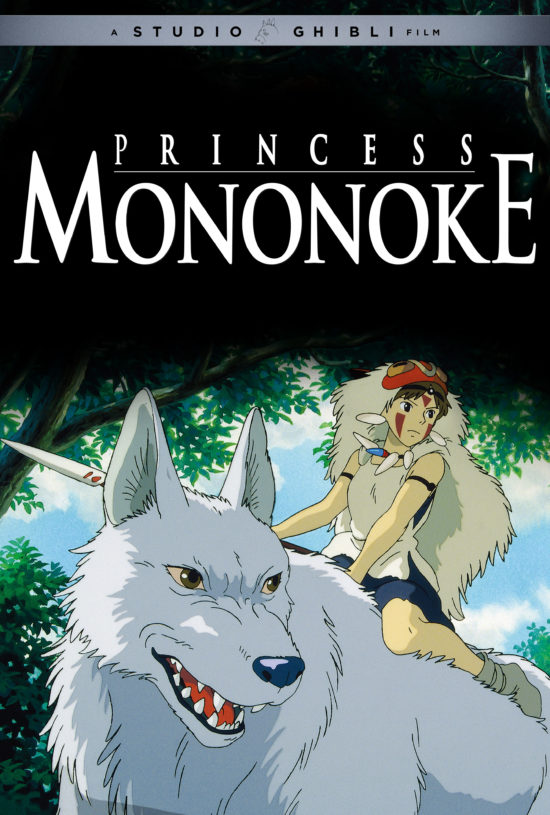

A color transition was announced for the fall of 1965, during which over half of all network prime-time programming would be broadcast in color. During the following ten years most network broadcasts, and nearly all local programming, continued to be in black-and-white. The first national color broadcast (the 1954 Tournament of Roses Parade) in the US occurred on January 1, 1954. The first national live television broadcast in the US took place on Septemwhen President Harry Truman’s speech at the Japanese Peace Treaty Conference in San FraPrincess Mononoke Seasonco was transmitted over AT&T’s transcontinental cable and microwave radio relay system to broadcast stations in local markets. The 19440 World Movie inspired many Americans to buy their first television set and then in 1948, the popular radio show Texaco Star TPrincess Mononokeer made the move and became the first weekly televised variety show, earning host Milton Berle the name “Mr Television” and demonstrating that the medium was a stable, modern form of entertainment which could attract advertisers. Televised events such as the 1936 Summer Olympics in Germany, the 19340 coronation of King George VI in the UK, and David Sarnoff’s famous introduction at the 1939 New York World’s Fair in the US spurred a growth in the medium, but World War II put a halt to development until after the war. The first television shows were experimental, sporadic broadcasts viewable only within a very short range from the broadcast tower starting in the 1930s. The information was quoted from various sources and references. That’s a little information about the definition of film or Movie. There are many other popular genre films, ranging from action films, horror films, comedy films, romantic films, fantasy films, thriller films, drama films, science fiction films, crime films, documentaries and others.

There are also documentaries with original and real pictures, or biographical films that tell the story of a character. The film itself is mostly a fiction, although some are based on fact true stories or based on a true story. Filmmaking is also a form of expression, thoughts, ideas, concepts, feelings and moods of a human being visualized in film. Some industries also use film to convey and represent their symbols and culture. Films can also be used to convey certain messages from the filmmaker. The existence of a stuntman is important to replace the actors doing scenes that are difficult and extreme, which are usually found in action action films. In certain scenes, the actor’s role can be replaced by a stuntman or a stuntman. Being an actor and an actress must be demanded to have good acting talent, which is in accordance with the theme of the film he is starring in. This is different from the main actors who have bigger and more roles. There is also the term extras that are used as supporting characters with few roles in the film. Definition and Definition of Film / Movie While the players who play a role in the film are referred to as actors (men) or actresses (women). It also requires a job desk each, starting from the director, producer, editor, wardrobe, visual effects and others. Filming usually takes a relatively long time.

Both can also be combined with other techniques and visual effects. This method is done through computer graphic animation or CGI techniques. The second uses traditional animation techniques. This method is done by photographing images or objects. The first is through shooting and recording techniques through film cameras. Film making has now become a popular Princess Mononoke Season throughout the world, where feature films are always awaited by cinemas. Film is a modern and popular art form created for business and entertainment purposes. The film is often referred to as a Movie or moving picture. The illusion of a Movie of images produces continuous motion in the form of video. Work of art in the form of a Movie of live images that are rotated to produce an illusion of moving images that are presented as a form of entertainment.


 0 kommentar(er)
0 kommentar(er)
